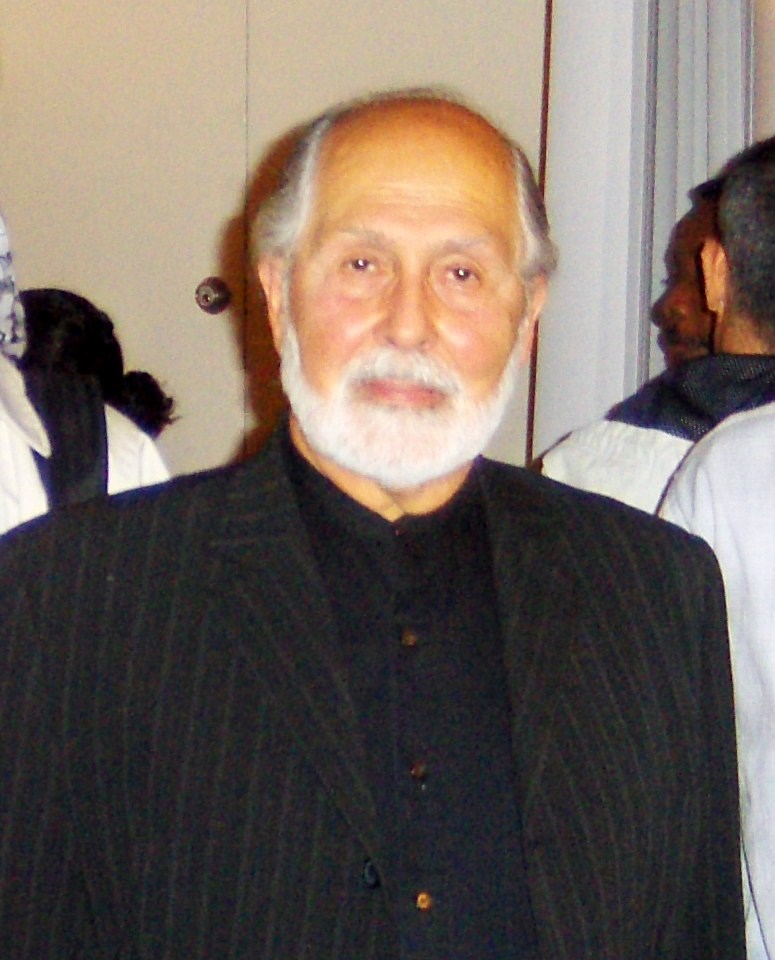Seyyed Hossein Nasr ist ein iranischer Professor für Islamwissenschaft an der George Washington University sowie ein bedeutender islamischer Philosoph. Er ist der Autor von mehr als 50 Büchern und 500 Artikeln auf Persisch, Englisch, Arabisch und Französisch über den Islam und den Sufismus. Aufgrund seiner Arbeit im Bereich des traditionellen Islam und der islamischen Philosophie gilt er weiterhin als einer der weltweit einflussreichsten islamischen Gelehrten.Nasr hielt als erster Muslim die prestigeträchtige Gifford Lectures an der University of Edinburgh der Jahre 1980/81 mit dem Titel Knowledge and the Sacred und im Jahre 2001 wurde ihm ein Band in der Library of Living Philosophers gewidmet.Professor Nasrs Vorträge und Schriften zu den Themen Philosophie, Religion, Spiritualität, Musik, Kunst, Architektur, Wissenschaft, Literatur, interkultureller Dialog und Umwelt sind geprägt von den Lehren und Sichtweisen der Philosophia perennis. Insbesondere der Einfluss von Frithjof Schuon und Titus Burckhardt sei in diesem Zusammenhang zu nennen. Er schrieb außerdem zwei Bücher zur Poesie und wurde infolgedessen als Universalgelehrter bezeichnet.Nasr spricht fließend Persisch, Englisch, Französisch, Deutsch, Spanisch, Arabisch und darüber hinaus besitzt er Sprachkenntnisse in Italienisch, Griechisch und Latein.
Wikipedia
✵
7. April 1933
